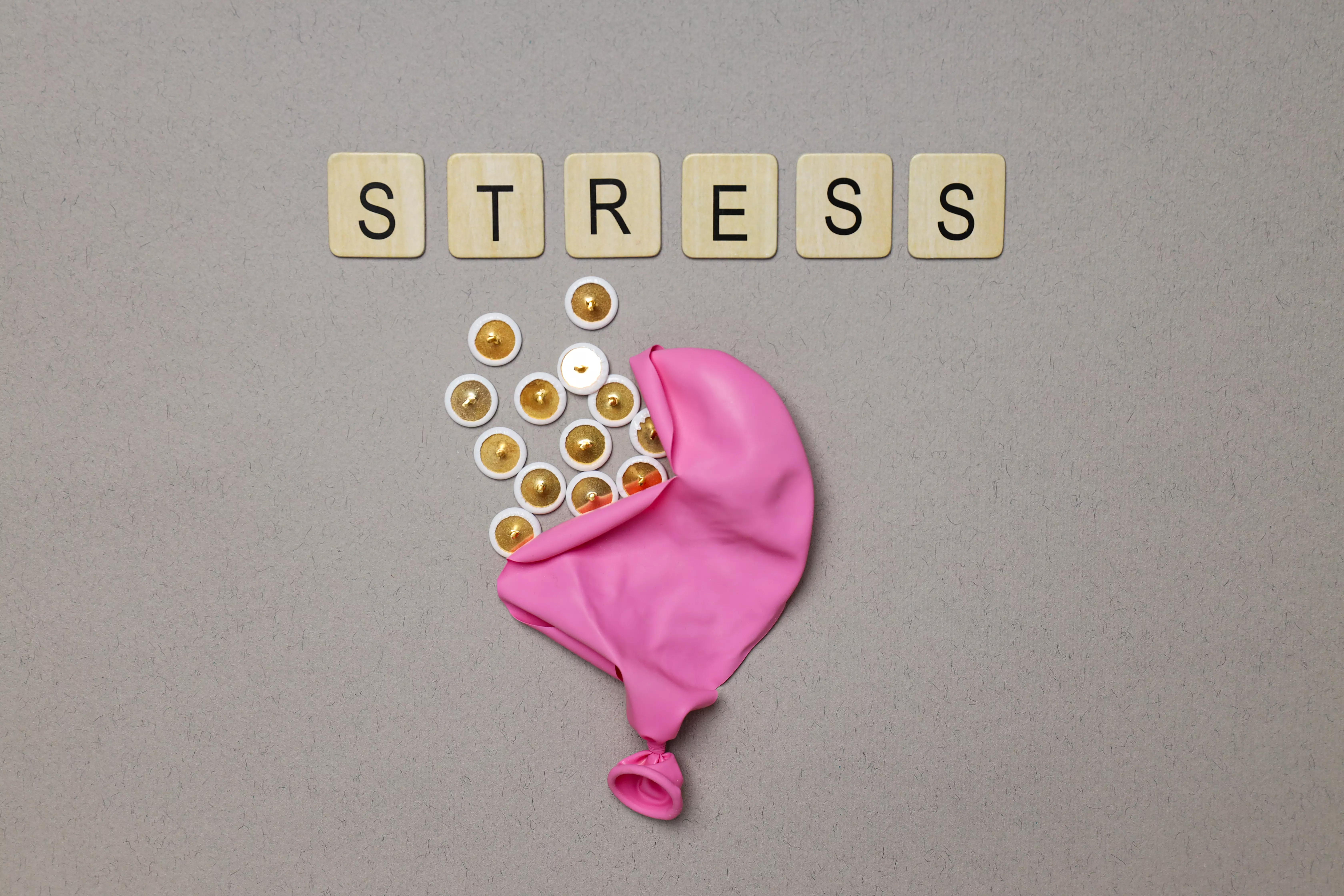Effect of stress on the development of colorectal cancer
Introduction to stress and colorectal cancer
In today's world, stress has become a regular part of most people's lives. Whether we are hooked by the pace of life, high demands at work or personal difficulties, the presence of stress is inevitable. At the same time, the topic of colorectal cancer is becoming increasingly pressing, especially in developed countries. Research in recent years suggests that there is a possible link between long-term stress and the development of various diseases, including gastrointestinal cancers.
Mechanisms of stress
Stress affects our bodies in many ways. When we experience stress, our endocrine system releases cortisol and other hormones to prepare the body to respond to the crisis. These hormonal changes can lead to metabolic disorders, changes in the immune system and chronic inflammation. Chronic stress can also affect behavior and lifestyle, leading to unhealthy habits such as poor diet, excessive alcohol consumption and physical inactivity, which in turn increases the risk of cancer.
Stress and the immune system
The immune system plays a key role in preventing the development of cancer, including colorectal cancer. Chronic stress weakens the function of the immune system, which can lead to the body's inability to fight cancer cells. Studies show that people who experience chronic stress are more susceptible to the formation of cancer cells, which can lead to the development of cancer.

Psychological aspects of stress and colorectal cancer
Psychological aspects also play an important role in the context of stress and health. Stress can lead to depressive or anxious states, which in turn can affect our health decisions. People experiencing severe stress often neglect regular preventive screenings and a healthy diet, making them more vulnerable to developing colorectal cancer.
Scientific research on stress and colorectal cancer
Many scientists are conducting research to understand the link between stress and cancer. For example, one study of an adult population found that people who regularly experience high levels of stress have higher rates of colorectal cancer compared to those with less stressful lifestyles.
Other studies have focused on biochemical mechanisms that may explain this relationship. It appears that inflammation resulting from stress may promote cancer development by stimulating cell proliferation and altering the tissue microenvironment.
The importance of stress management
With growing evidence of the link between stress and cancer, stress management is becoming a key component of health prevention. Regular practice of relaxation techniques such as meditation, yoga, and breathing exercises can significantly reduce stress levels in daily life. Taking care of healthy eating habits, regular physical activity and maintaining social relationships are also important in reducing stress and improving overall well-being.
Summary
All indications are that stress can have a significant impact on the development of colorectal cancer. Becoming aware of this connection and taking steps to manage stress can have a positive impact on health. It's worth investing in stress-reduction techniques and regularly participating in preventive screenings, which can help detect colorectal cancer risks early.
As research in this area continues to advance, our knowledge of the role that stress plays in cancer processes is evolving. Therefore, it is important to be aware of your mental and physical health and to make changes in your daily life that can lead to an improved quality of life and a reduced risk of developing dangerous diseases.
